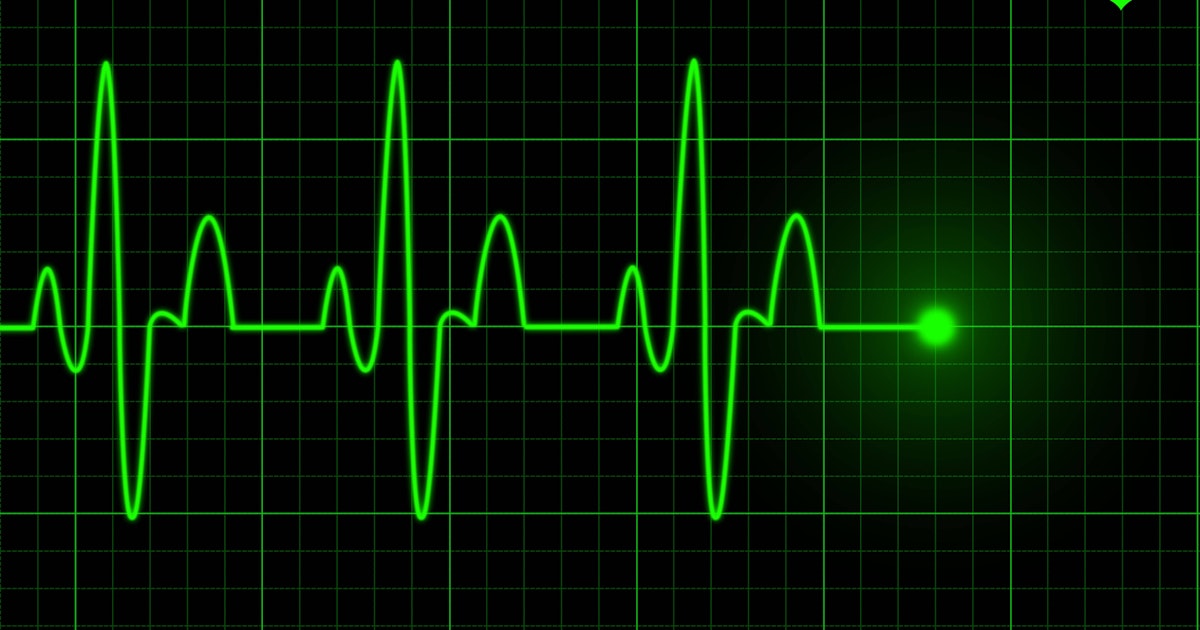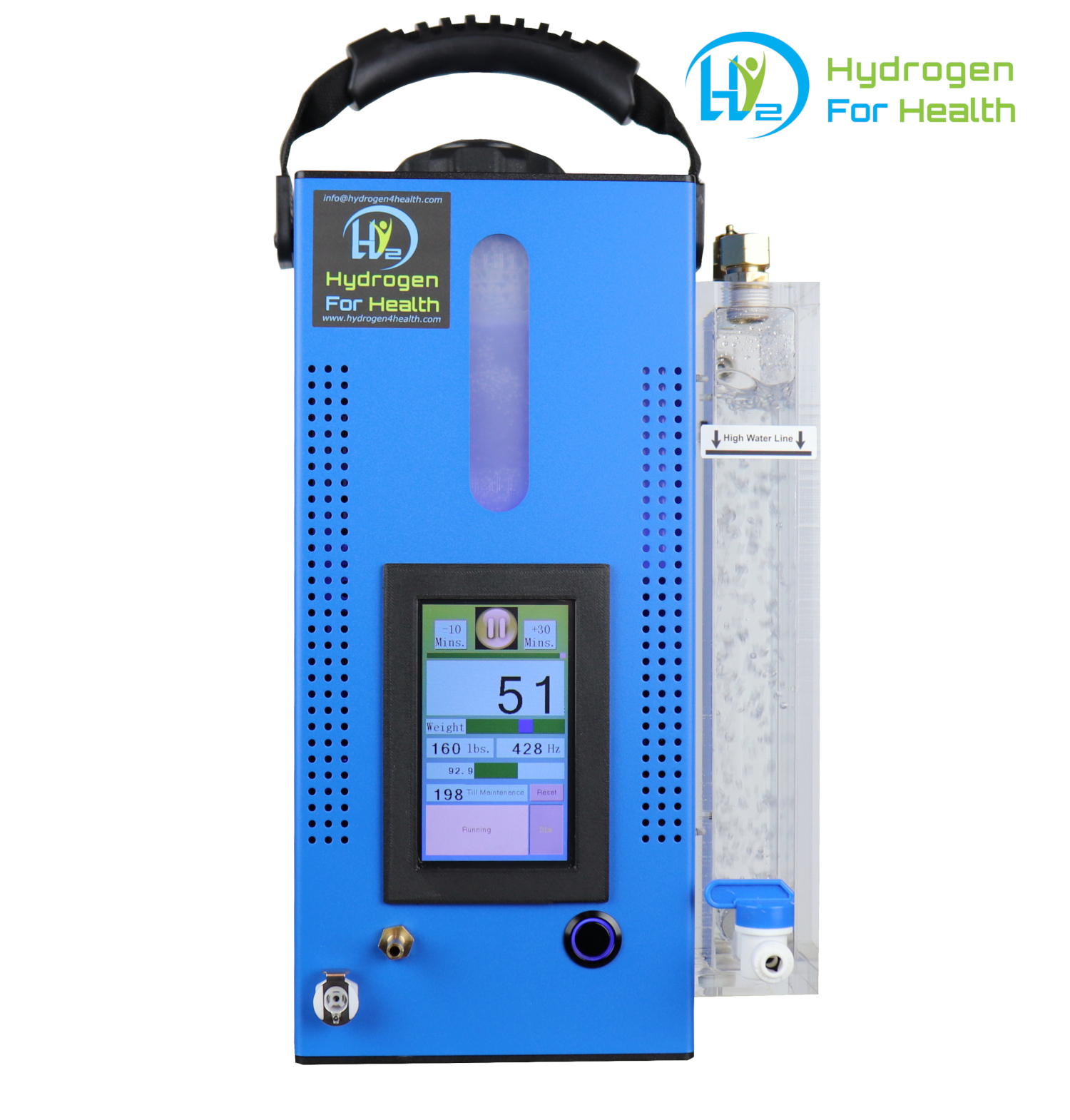Abstract
Coronavirus disease 2019 (COVID-19) pandemic caused by severe acute respiratory syndrome coronavirus 2 (SARS-CoV-2) has led to an unprecedented setback for global economy and health. Vaccination is one of the most effective interventions to substantially reduce severe disease and death due to SARS-CoV-2 infection. Vaccination programmes are being rolled out globally, but most of these vaccines have been approved without extensive studies on their side-effects and efficacy.
Recently, new-onset autoimmune phenomena after COVID-19 vaccination have been reported increasingly (e.g. immune thrombotic thrombocytopenia, autoimmune liver diseases, Guillain–Barré syndrome, IgA nephropathy, rheumatoid arthritis and systemic lupus erythematosus). Molecular mimicry, the production of particular autoantibodies and the role of certain vaccine adjuvants seem to be substantial contributors to autoimmune phenomena. However, whether the association between COVID-19 vaccine and autoimmune manifestations is coincidental or causal remains to be elucidated.
Here, we summarize the emerging evidence about autoimmune manifestations occurring in response to certain COVID-19 vaccines. Although information pertaining to the risk of autoimmune disease as a consequence of vaccination is controversial, we merely propose our current understanding of autoimmune manifestations associated with COVID-19 vaccine.
In fact, we do not aim to disavow the overwhelming benefits of mass COVID-19 vaccination in preventing COVID-19 morbidity and mortality. These reports could help guide clinical assessment and management of autoimmune manifestations after COVID-19 vaccination.








